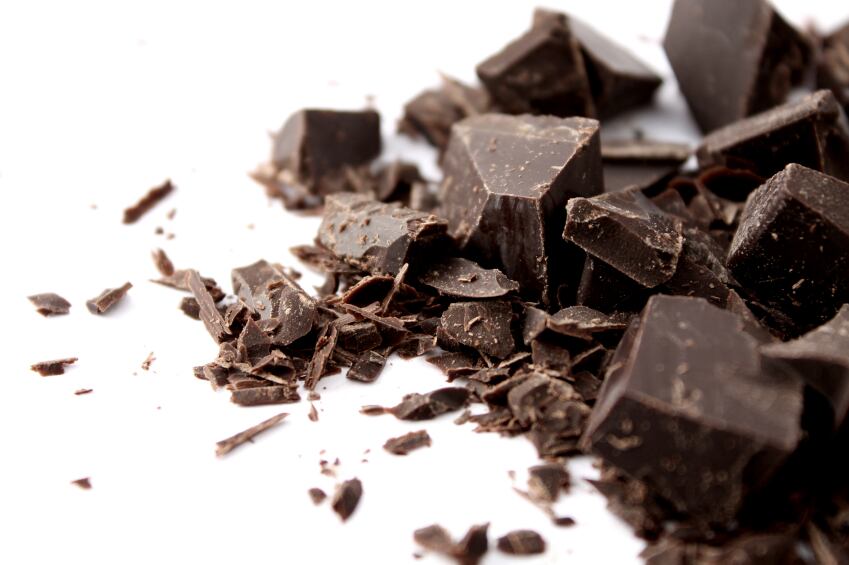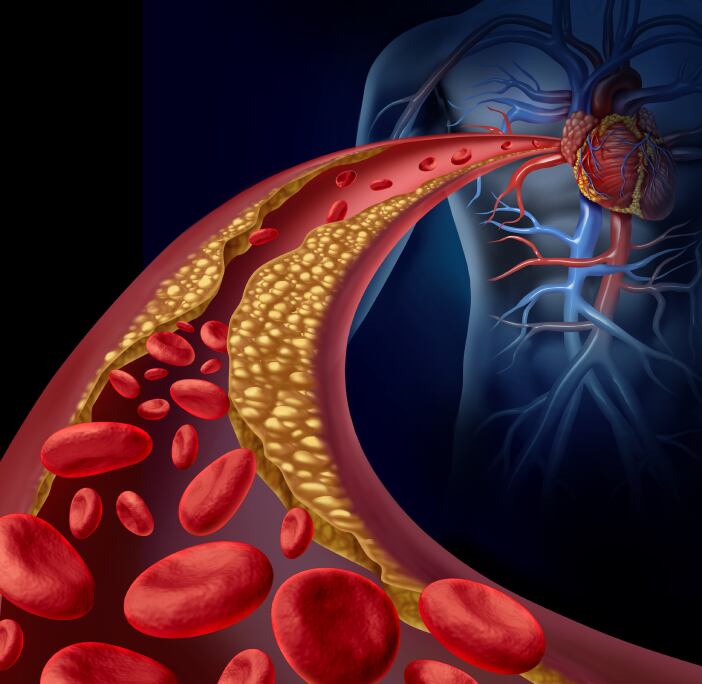Flavanols are known to encourage the availability of nitric oxide (NO) in the body. Previous studies have demonstrated reduced oxygen cost and improved performance during exercise.
Beetroot juice has become a popular was to improve energy use, production and recovery among sports people, however it is also known for its poor taste and low energy content.
This latest study supports dark chocolate’s benefits already demonstrated in studies reporting similar vascular improvements.
This is of great interest given the popularity of dark chocolate's, the researchers said.
Cycling tests

Kingston University academics tested a group of nine amateur cyclists with an initial fitness test establishing a baseline for comparison.
Next, the participants were split into two groups. The first group was instructed to replace one of its normal daily snacks with 40 g of dark chocolate for a fortnight.
The other participants substituted one of their daily snacks with 40 g of white chocolate as a control.
The effects of this daily chocolate consumption were then evaluated in a number of cycling exercise tests.
The cyclists' heart rates and oxygen consumption levels were measured during moderate exercise and in time trials.
After a seven-day interval, the groups switched chocolate types and the two-week trial and subsequent exercise tests were repeated.
The team found that after eating dark chocolate, the riders used less oxygen when cycling at a moderate pace and also covered more distance in a two-minute flat-out time trial.
Maximal oxygen consumption was 6% higher following dark chocolate consumption compared to the baseline measurements. Oxygen consumption was also 6% greater than that seen in the white chocolate group but this did not reach statistical significance.
In addition, the gas exchange threshold (GET) a marker of cardiorespiratory fitness and endurance capacity, increased by 11% compared to the white chocolate group and increased by 21% compared to baseline.
"We want to see whether the boost in performance is a short term effect – you eat a bar and within a day it works – or whether it takes slightly longer, which is what the initial research is showing," said postgraduate research student Rishikesh Kankesh Patel.
"We are also investigating the optimal level of flavanols. There is not a lot of consistency in flavanol levels in commercially-available chocolate. Once we've found the optimal dose, we'll compare its effects to those of beetroot juice, as they produce nitric oxide increases in different ways."
Mechanisms of action

Beetroot juice is thought to reduce oxygen demands during exercise and resting blood pressure (BP) by aiding breakdown of nitrate to nitrites.
Nitrites are then converted into the bioactive nitric oxide (NO), which may increase vasodilation, glucose uptake and regulate muscular contraction.
Dark chocolate, on the other hand is thought to release vasoactive components from cells that line the blood vessel wall increasing the availability of NO. It achieves this by supressing the vascular enzyme arginase, which is known to inhibit NO levels in the blood.
The gas exchange threshold (GET) also saw similar improvements when dark chocolate was consumed.
“The increase in GET complements findings by previous research using dietary nitrate supplementation which has been attributed to increased NO, which has been extensively shown to increase following regular consumption of dark chocolate.”
Source: Journal of the International Society of Sports Nutrition
Published online ahead of print, DOI: 10.1186/s12970-015-0106-7
“Dark chocolate supplementation reduces the oxygen cost of moderate intensity cycling.”
Authors: Rishikesh Kankesh Patel, James Brouner and Owen Spendiff
